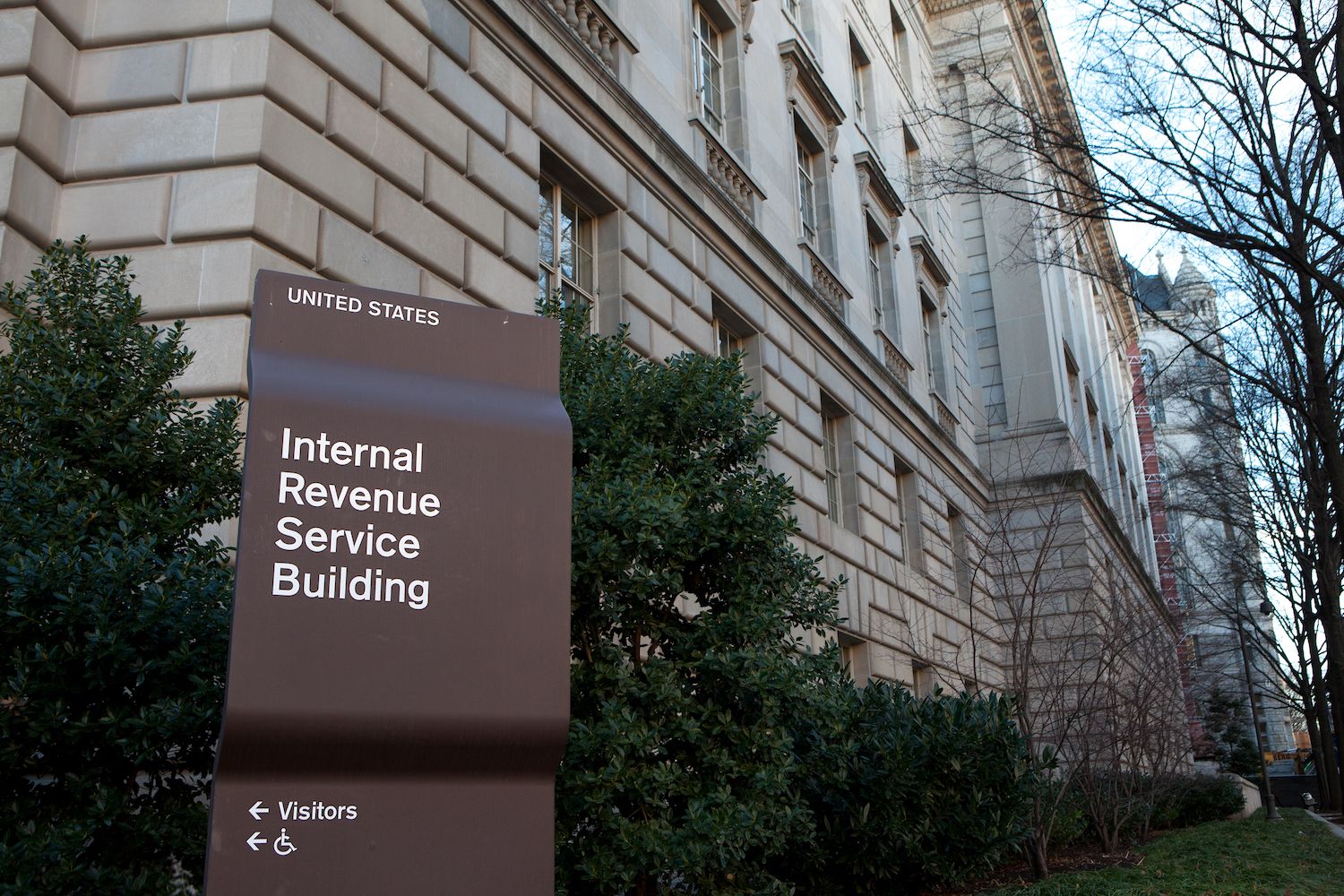
A Looming Tax Challenge for Cryptocurrency Investors
Investors in cryptocurrency are facing new tax obligations as the IRS prepares for increased compliance audits, leaving many unaware of the shifting landscape of tax guidelines.
Cryptocurrency taxpayers are in for significant challenges ahead.
Despite being over 16 years into Bitcoin’s existence, many taxpayers and accountants still find the tax guidance unclear. The IRS is preparing for a major wave of compliance audits focusing on the cryptocurrency arena, and taxpayers are largely oblivious to the implications of this change.
A Significant Shift in IRS Expectations
Last year saw the IRS release Revenue Procedure 2024-28, which dramatically alters the way cryptocurrency must be reported for tax purposes. This new guidance offers clear instructions, safe harbors for compliance, and deadlines for taxpayers to adhere to. The IRS is positioning itself to enforce compliance aggressively, taking aim at those neglecting their responsibilities.
The initiation of this wave of audits is already underway, with an unprecedented number of compliance letters being dispatched. Crypto tax firms are reporting an influx of calls from taxpayers who have received these letters demanding immediate compliance.
The IRS is pairing this recent guidance with new Form 1099-DA, which will be issued without the essential cost basis information, potentially leading to inflated reported gains. This setup places taxpayers at risk, as the IRS will receive documentation suggesting unreported profits that may not reflect the actual gains after considering the original purchase prices.
A Widespread Issue
This reporting flaw will affect hundreds of thousands of cryptocurrency investors. If left unaddressed, these inaccuracies could result in overpayment of taxes or trigger audits due to perceived tax evasion. Many CPAs may not be equipped to handle these specific nuances of cryptocurrency taxation, leading to further risks for their clients.
The IRS’s straightforward communication underscores the importance of compliance, leaving no room for the defense that previous guidance was unclear. With the established protocols, the discrepancies between taxpayer perceptions and IRS expectations represent a significant risk.
The time for action is now to rectify any misunderstandings before facing enforcement from the IRS. Tens of millions of Americans are engaged in crypto transactions, but a large portion lacks proper record-keeping practices, jeopardizing their standing with tax authorities.
As the complexities of cryptocurrency taxation grow, failure to comply could lead to severe consequences for taxpayers.


